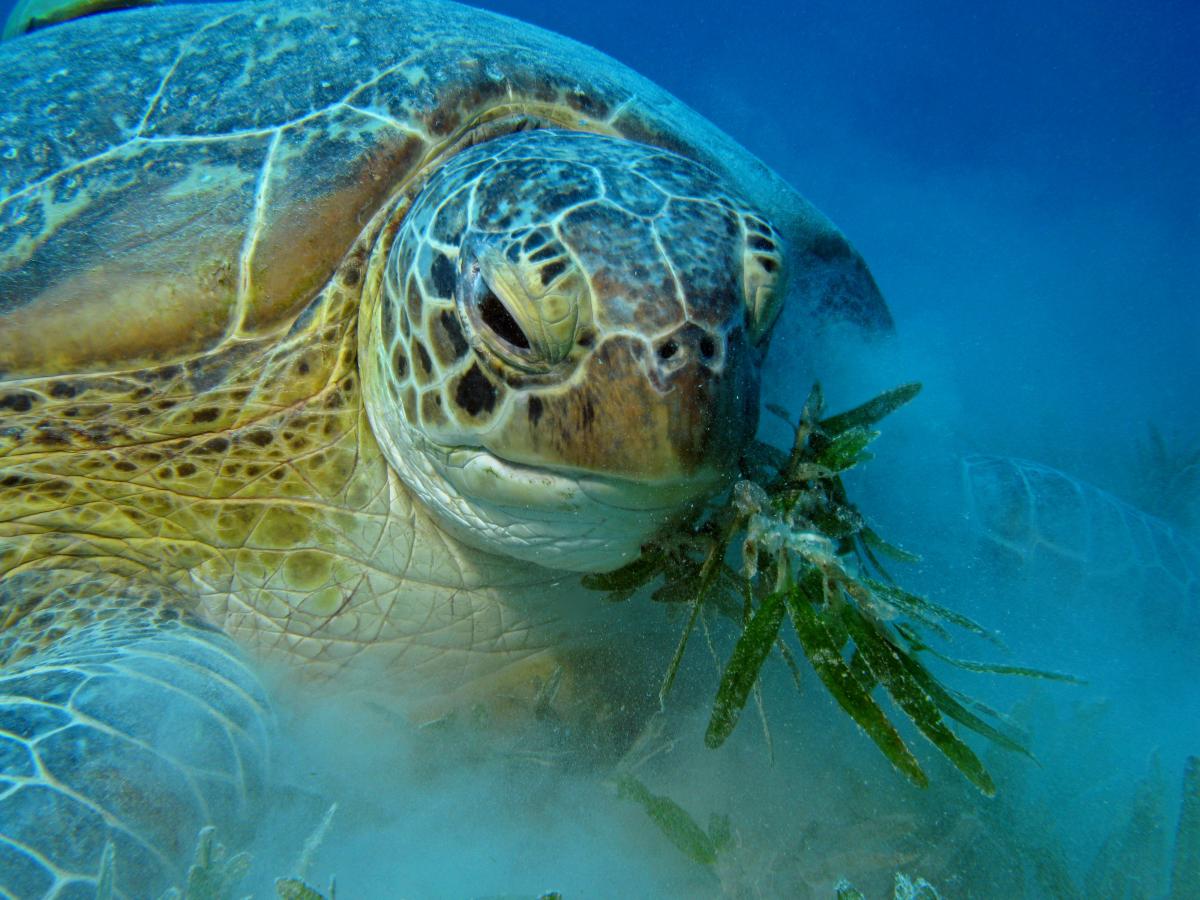Towards a Greener Agenda for the Western Balkans
Western Balkans hosts rich biodiversity, including many threatened, rare and endemic species, and relatively large unspoiled ecosystems. From nature we get food and water, energy and medicine, climate regulation support, and disaster risk mitigation, among other benefits. As we celebrate the International Day for Biological Diversity, there is a need to recognise the value and place nature at the heart of the regional policy, stressed members of the Biodiversity Task Force of South East Europe during the online consultations on the Green Agenda for the Western Balkans, held on 20 May 2020.

Photo: IUCN/Boris Erg
“We stand ready to help shape the Green Agenda for the Western Balkans, engaging in the process the Biodiversity Task Force equipped with required technical expertise and experience for this task,” said Ms. Tanja Miščević, Deputy Secretary General of the Regional Cooperation Council opening the consultations with European Commission Directorates General (DG) in charge of the process, DG NEAR and DG Environment, and moderated by the Regional Cooperation Council. “Stemming from the European Green Deal, it should certainly be flavoured with the reality of our region and complement the 2030 South East Europe Strategy and further regional economic integration,” she concluded.
EU Biodiversity Strategy to 2030, a comprehensive plan for protecting nature and reversing the degradation of ecosystems, published as part of the European Green Deal will help shape the Agenda. The Strategy is set to establish protected areas for at least 30% of both land and sea in Europe, restore degraded ecosystems and unlock 20 billion EUR/year for biodiversity through various sources, including EU funds, national and private funding.
“It is encouraging to see ambitious and measurable targets on conservation and restoration in the new EU Biodiversity Strategy and that there is a strong commitment on the EU part towards greening the Western Balkans agenda. IUCN and BDTF members stand ready to support it by contributing to priority setting and participating in discussions on resource mobilisation,” stressed Boris Erg, Director of the IUCN Regional Office for Eastern Europe and Central Asia.
Established in 2017, the Biodiversity Task Force of South East Europe functions as a technical and advisory body of the Regional Working Group on Environment (RWG Env) of the Regional Cooperation Council. “The potential lines of action for us could be to inform on regional ecosystems’ restoration potential and to analyse the state of implementation of biodiversity commitments,” stressed Dejan Radošević, Chair of the Biodiversity Task Force of South East Europe. “It is also important to prepare a joint position of the EU and Western Balkans at the 15th meeting of the Conference of the Parties (COP 15) of the UN Convention on Biological Diversity,” he added.
It is expected to have the Green Agenda for the Western Balkans endorsed by the relevant authorities before autumn 2020. The recent pandemic is clearly proving the dependence of our wellbeing and livelihoods on the state of nature. Looking for ways to revive our economy after the COVID-19 forced break, we have the opportunity to re-think this relationship. Healthy nature and conserved biodiversity are vital for the economic recovery of our society.



